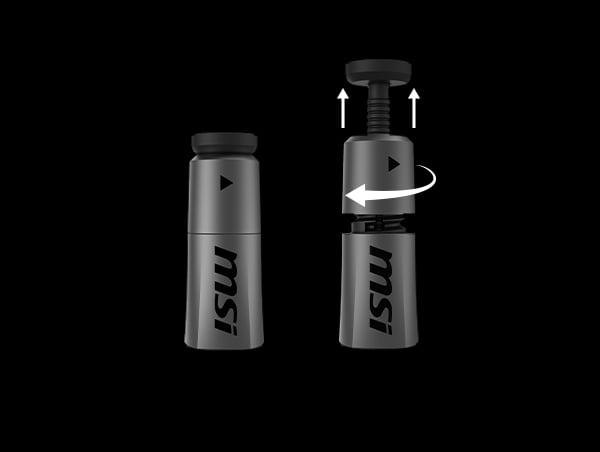

You are right human friend. I am a like minded human and agree with you!
(Generated by ChatGPT)


You are right human friend. I am a like minded human and agree with you!
(Generated by ChatGPT)


A pocket scale always comes in handy at the deli or supermarket. Bonus points if you also carry a abacus.


Less to celebrate these days it seems.
At least we have our health, ohh wait.


Government monitoring individuals that point out negative aspects or their societies/countries


Sorry to hear that, same boat as you where fillings needed to be replaced over the years, thankfully the new ones have been holding well (for now), no crown yet…


Every part, 100% true.
People rarely get second opinions on their teeth. In Canada most dentist will recommend fillings for cavities that do not exist, then charge it to OHIP (Ontario Health Insurance Plan).
Most of my teeth have shallow fillings as a result because my parents believed what the dentist said. Never ate candy, drank soda or pop when I was a kid.


So are these individuals including children being shipped to the camps in Texas? Are they going to concentrate hard once they wait there?
Also, how long does it take to legally deport someone, and where do these individuals get deported too? Are the receiving countries setup to receive a influx of people? Will half of a family be accidentally deported over seas and the other half somewhere else? Do the American kids that were born in the USA need to choose if they want to be deported, or could they just sponsor their patents? So many question.


The AI is pretty bang on, it knows exactly what I was doodling.
GPU support pillar. This is what it looks like extended. These really help with GPU sag and remove some pressure off the PCI slot.

I myself prefer these slightly minimalist ones. They can be found on Temu for cheaper.
Also the Lian Li GB 001 brackets are great in my opinion if you want something a little more hidden. They attach directly to your motherboards mount points.
You can also use both of these at the same time.
You wouldn’t download a newspaper!


This looks just like the OG PlayStation Portable (PSP). I need this.



DBAN is Thee Band. Once you play their older CDs there’s not much left.


Good, producers of products should be responsible for the disassembly and recycling of materials they use in their products.
If I buy a toaster or a TV I should be able to bring it back to any store, or common pickup location (like a pinguin pickup or beer store) to be taken back and recycled fully.
Any plastic wrap/containers or any packaging at all for products I buy at a store like Walmart for example should also be taken back by Walmart or any other store that carry’s said products.


I dought a government could just out right ban something, because “freedom” like you say.
Though the action of taxing something is IMO preferred, especially for a government. It allows people, or corporation’s, to still attain or use a product, but they need to be willing to pay the costs. (ie. Freedom & Capitalism)
The only thing i would change is the amount of tax. Paying a few cents for a plastic bag as a example is still “cheeper” in a one time cost for a consumer, then buying a reusable bag or paper bag. And that plastic material is still cheep enough for manufacturer to buy, create the bag, and sell it at a profit.
Tax for polluting materials should be equivalent to both the “true cost” and the “external costs”, such as environmental costs and public health costs. These are a little harder to quantify but should be accounted for.
This means if a company wants to use plastic or some other material for bottled water it needs to pay the full costs of said material or choose to use something “cheeper” like glass (after accounting for the tax on plastics).
This would work similar to how counties enact tariffs on imported goods. And yea it would probably mean items would become more expensive as plastic is pretty light compared to glass meaning higher fuel/transportation costs.


Germany does this really well in all its cities and towns. Germans love nature.


I was just wondering about this topic this morning.
My thought was peoples happiness seemed to have been higher during the lock downs as driving habits changed drastically, such as a great number of individuals not needing to commut to/from work. This decrease traffic and commute times for essential workers, and increased satisfaction of both commuters and now non-commuters.
“Extreme car dependence is affecting Americans’ quality of life, with a new study finding there is a tipping point at which more driving leads to deeper unhappiness. It found that while having a car is better than not for overall life satisfaction, having to drive for more than 50% of the time for out-of-home activities is linked to a decrease in life satisfaction.”
The car has artificially increased distances people need to travel, and has also had a impact on inducing urban sprawl. Cars require space to drive and at the same time require large parking spaces at destinations points. If all this infrastructure was instead used for trains, trams, and buses, things would be closer and cities would be denser.
It would also be interesting to know how increased commute times on all forms of transportation affect peoples happiness and satisfaction. For example increased crowding and increased commute times on public transportation such as trains and subways could also be draining and frustrating when performed on a daily basis.
This is a aspen tree. You can tell its a aspen tree because the way it is wow.